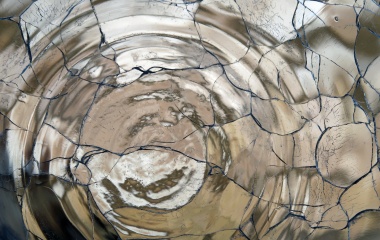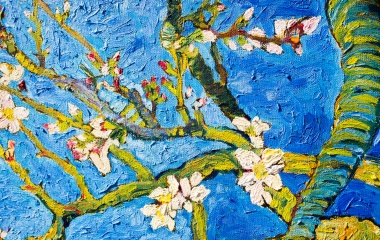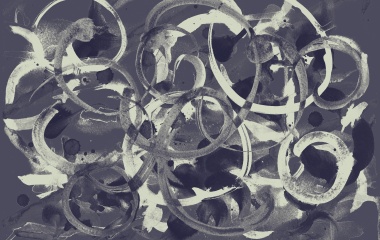
There is a widespread custom to decorate our shuls with flowers in honour of Shavuot. This beautiful custom commemorates the flourishing of the desert in the vicinity of Mount Sinai as the Jews received the Torah. The gloom and desolateness of the desert was transformed to an oasis, thriving with the sounds and scents of life.
While the flowers commemorate the surrounding at Sinai, it is through learning the Torah itself that is the essence of Shavuot.
It is most instructive that the mitzvah of Talmud Torah is, at its core, a mitzvah primarily focused not on learning, but on teaching. Each of the first two paragraphs of the shema expresses this idea as we recite daily, "and you shall teach your children", "and you shall teach it to your children". Of course, in order to teach, one must first learn, but the essence of Torah study is teaching.
Teaching others is not only an intellectual exercise, but an act of kindness. "Her mouth opens with wisdom, and the Torah of kindness is on her lips" (Mishlei 31:26). "Is there a Torah of chesed, kindness, and a Torah that is not of chesed?" the Gemara asks. Yes, there is, the Gemara answers. One who learns for himself is learning a Torah that is not of kindness; but that one who learns so that they may teach is learning a Torah of kindness (Sukkah 49b).
These two ideas, flowers and Torah, are brought together in a teaching of Rav Yochanan. "Rav Yochanan said: Whoever learns Torah but does not teach it is like a hadas, a myrtle branch, in the desert" (Rosh Hashanah 23a). On the surface, Rav Yochanan's comparison is difficult to understand. Surely, coming across a hadas in the desert is a most beautiful and welcome sight, something that cannot be said of those who learn primarily for themselves. Yet, as the Maharsha explains, the hadas that we know so well from Sukkot is the species that has a wonderful smell, but no taste. A sweet smell is basically wasted in the desert—there are few, if any, who benefit from it. So, too, one who keeps his (or her) Torah knowledge to him- or herself deprives the masses of benefitting from Torah.
Yet the Gemara then records a different, opposite, version of Rav Yochanan's teaching. "Some [rather] say: Whoever learns Torah and teaches it in a place where there are no other scholars is like a hadas in the desert that is most beloved". The Jewish world is full of spiritual deserts, where the world of Torah is a foreign concept. There is nothing more beloved to G-d than those who go out and take the beautiful fragrance of Torah to these deserts.[1]
These two versions of Rav Yochanan's teaching need not be in conflict. A hadas in the desert can only do so much, but to the one who comes across it is a most beloved sight. Working in a place where there are no other people willing to teach limits the impact one can have on global scale. But to those who are the beneficiaries of these pioneering Torah scholars, there can be nothing more beloved[2].
[1] I recall Rav Schachter once mentioning in shiur (class) that while he teaches Torah at Yeshiva University (on a very high level, I may add), the rabbi 'out in the sticks' who teaches Torah on the most basic of levels and helps raise the level of observance is most likely doing a much greater service to the Jewish people.
[2] As one who teaches in a Community High School where the vast majority of students are not fully Torah observant, Rav Yochanan's teaching resonates deeply with me. The impact one can have may be, in certain ways, limited; yet in other ways is quite enormous. We may give our students only a "taste" of Torah, but I hope that such is something most beloved. I know that my students have greatly enriched me and my understanding of Torah.



